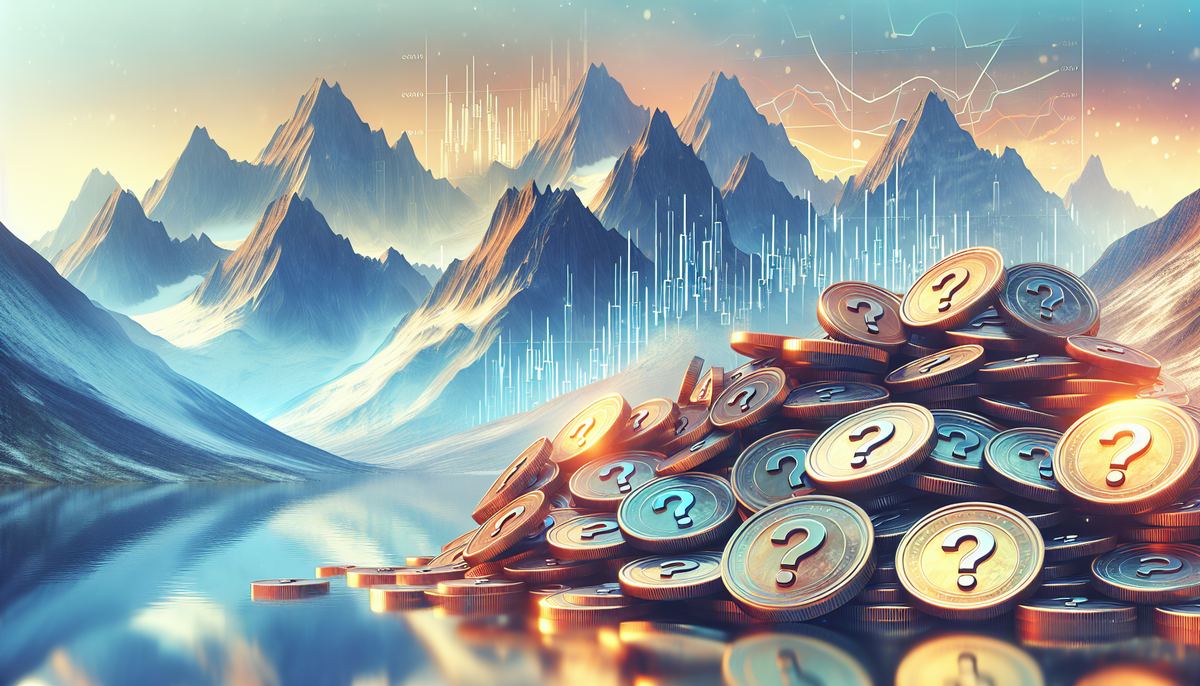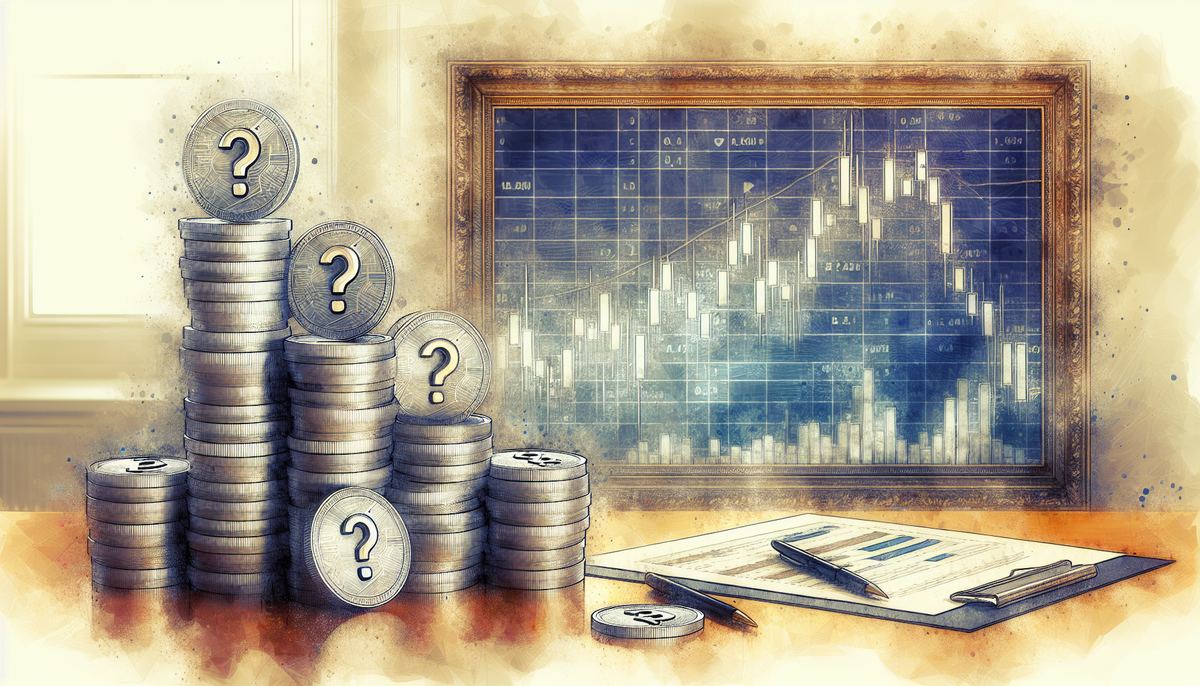Published
5 years ago on
September 22, 2018
Hot Topics
Bitcoin Is Replacing Bolivar As Venezuelan Economy Crashes
The most revolutionary invention in modern finance is being celebrated this week by cryptocurrency fans for its 10th-year anniversary. “Bitcoin Art (r)evolution” is a crypto-art exhibition in Paris that lasts through the first week of October and it showcases Bitcoin (BTC) inspired artistry from contributors all …

Altcoins
April 25, 2024
Student Clears $50,000 in Debts Using Dogwifhat (WIF) Profits, Expands Portfolio and Buys PawFury (PAW) and Dogecoin (DOGE)

Altcoins
April 25, 2024
Here's Why BONK and PEPE Outperformed Other Top Meme Coins This Week and Whales Are Buying Dogeverse

Altcoins
April 25, 2024





